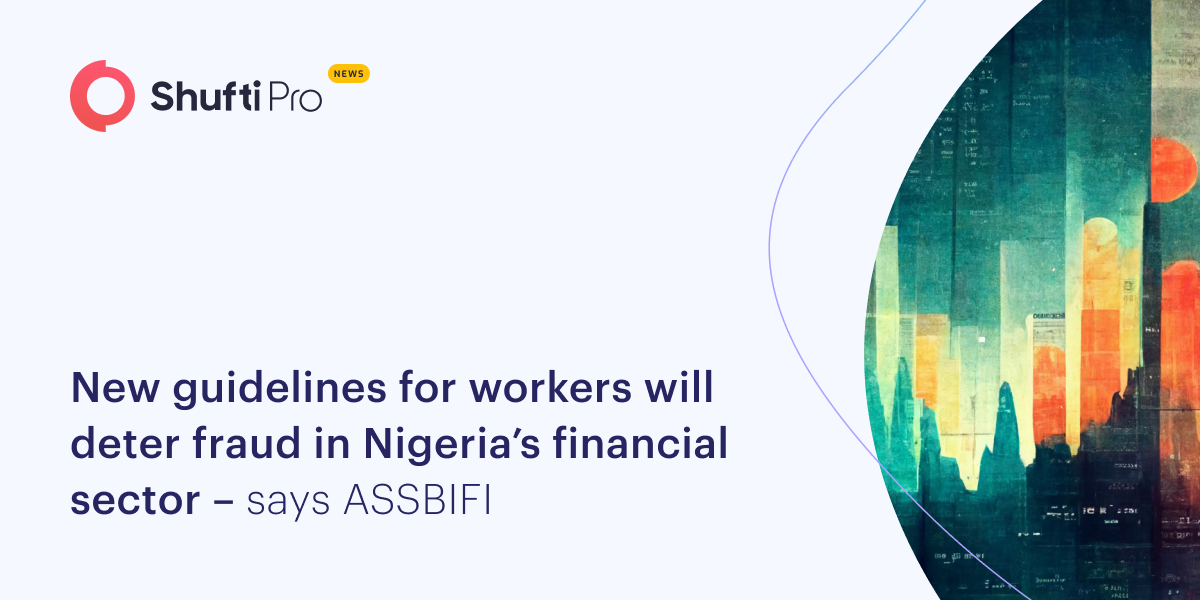New Guidelines for Workers Will Deter Fraud in Nigeria’s Financial Sector – Says ASSBIFI

As per the Association of Senior Staff of Banks, Insurance, and Financial Institutions (ASSBIFI), the newly implemented work code in Nigeria’s financial industry would curb fraudulent practices.
ASSBIFI’s President Oyinkan Olasanoye unveiled the recent guidelines at a press conference. The policies are labeled as “Labour administration issues in contract staffing/outsourcing non-permanent workers in banks, insurance, and financial sector”.
Chris Ngige, Nigeria’s Minister of Labour and Employment, penned the new guidelines into an ordinance. In particular, it will unify non-permanent jobs in the fields of career advancement, wages, and salaries. It’ll also regulate workplace conditions and address other issues like disciplinary actions, health & security, productivity, and company performance.
“We are grateful to the honorable minister for accelerating the process which culminated in what we are presenting to you. Employers in the banks, insurance, and financial sector, are implored to cooperate and collaborate with local agencies of government and unions concerned to achieve the objectives of this guideline and improve industrial relations practices and standards in Nigeria,” said Olasanoye.
The defined doctrines for the guidelines, according to Olasanoye, include entry requirements and minimum wages for non-permanent workers. They also incorporate career paths, the right to organize a union, participation in collective bargaining ways to resolve trade disputes and adherence to regulations.
“We struggled to ensure the formulation and put into operation of these guidelines to check unfair labor practices, exploitation and grievances in the sector,” stated Olasanoye.
Underskilled or semi-skilled workers hired with daily pay for a term of fewer than 6 months are referred to as non-permanent employees or “casual staff.” However, this is not common practice in Nigeria, where casual employees may be hired for up to a two-year period. As it is more affordable and cost-efficient for them, businesses in the state are rapidly filling positions in their enterprises with casual workers that should be permanent.
“Inferring from reliable but unempirical records available to us, most insider-induced frauds, particularly in the banks, are perpetuated by disgruntled ‘casual’ employees. These employees do not have the training and orientations usually given to the regular employee. They also do not have that sense of belonging because of their poor conditions of employment. But today, with this guideline, the non-permanent employee can pursue a career line, unionize and draw from benefits of collective bargaining agreements,” Olasanoye explained.
Suggested Read: NY Lawmakers Approve Legislation Against Financial Fraud











